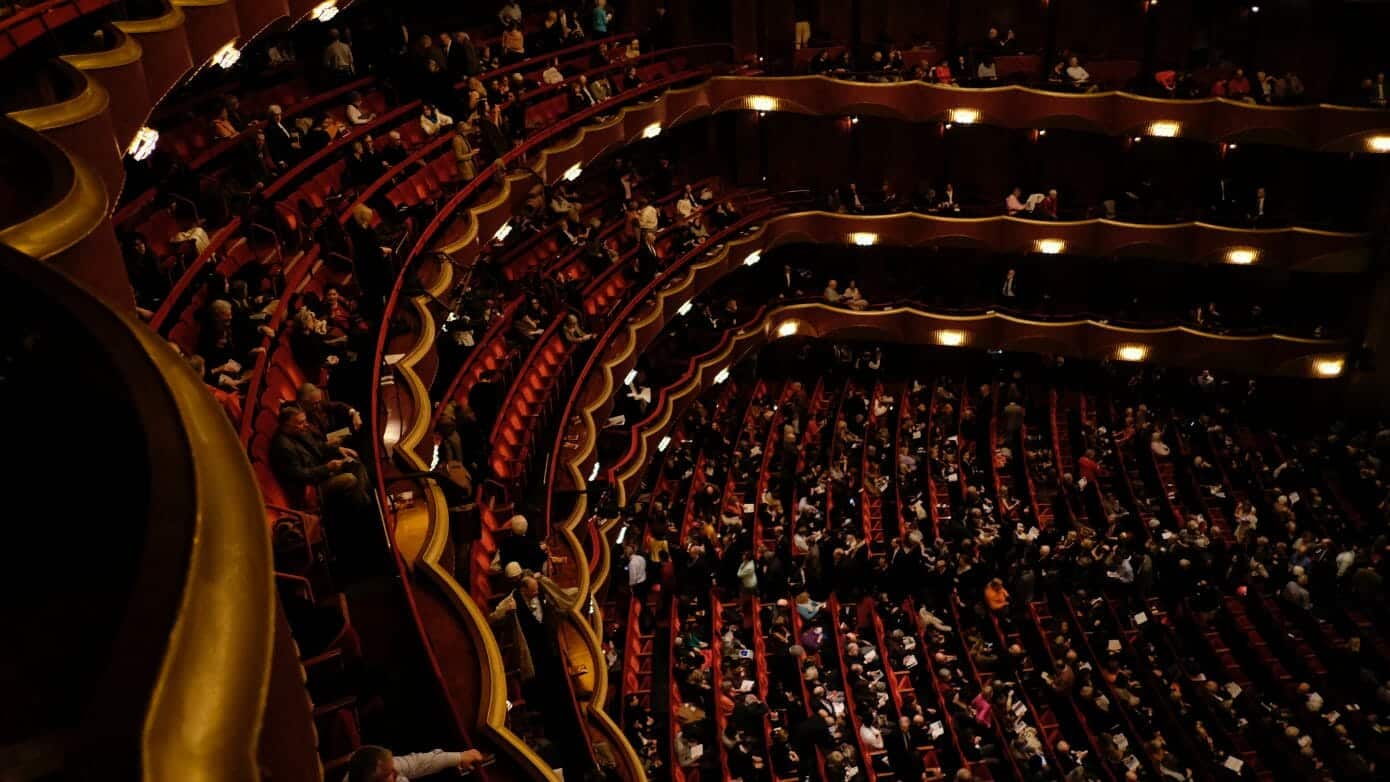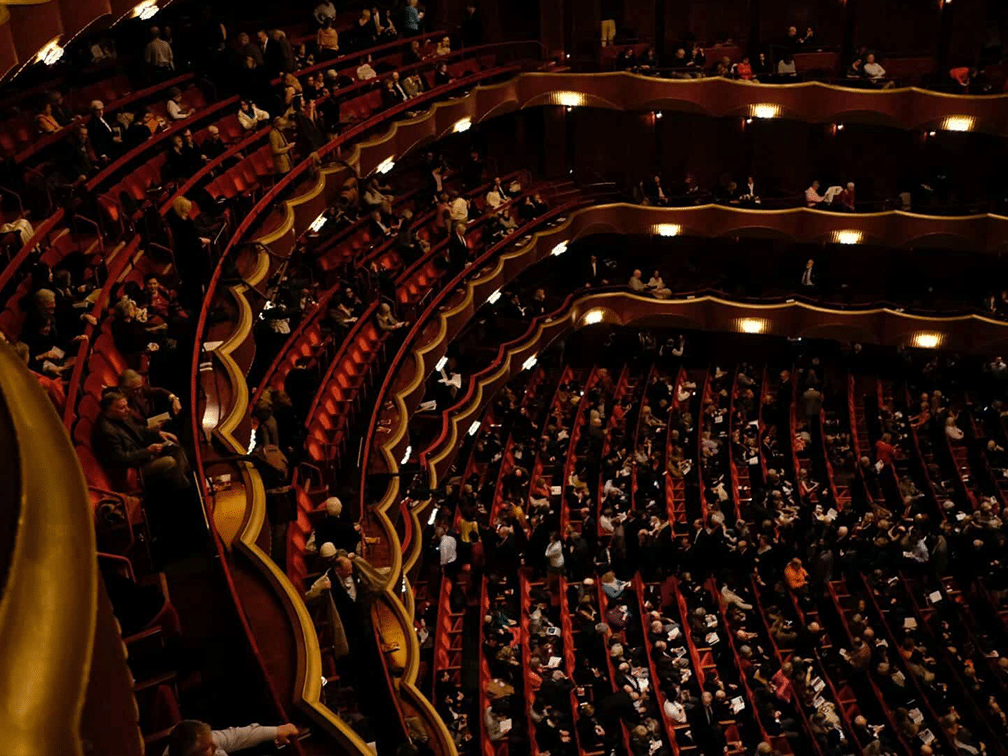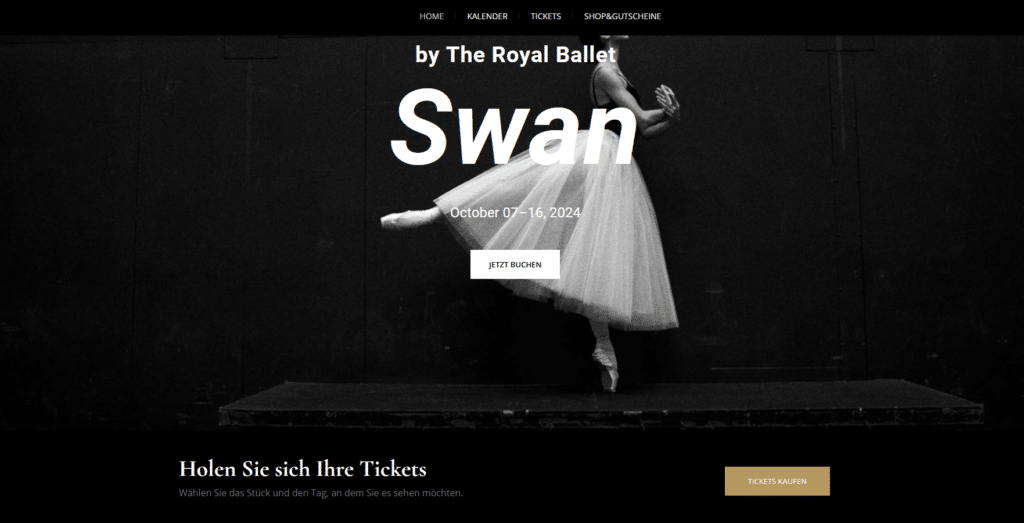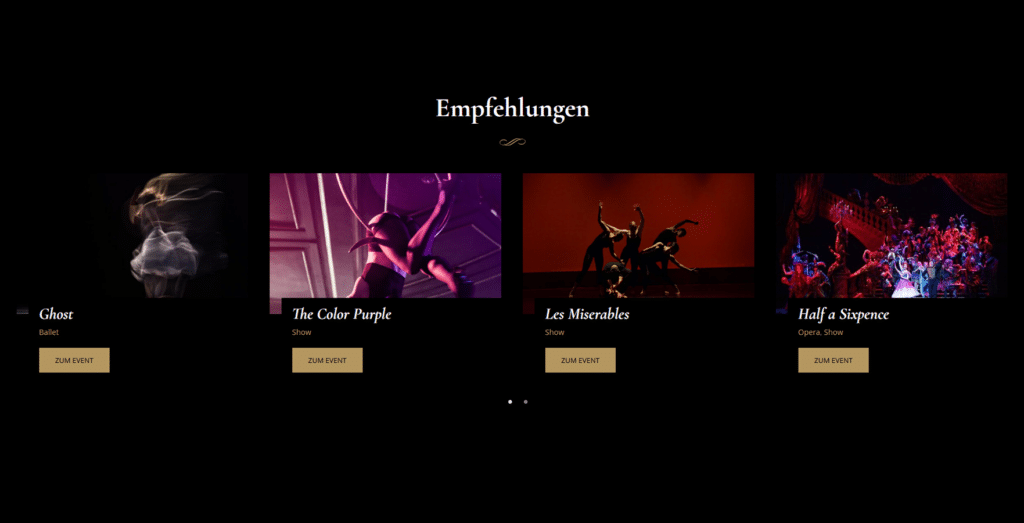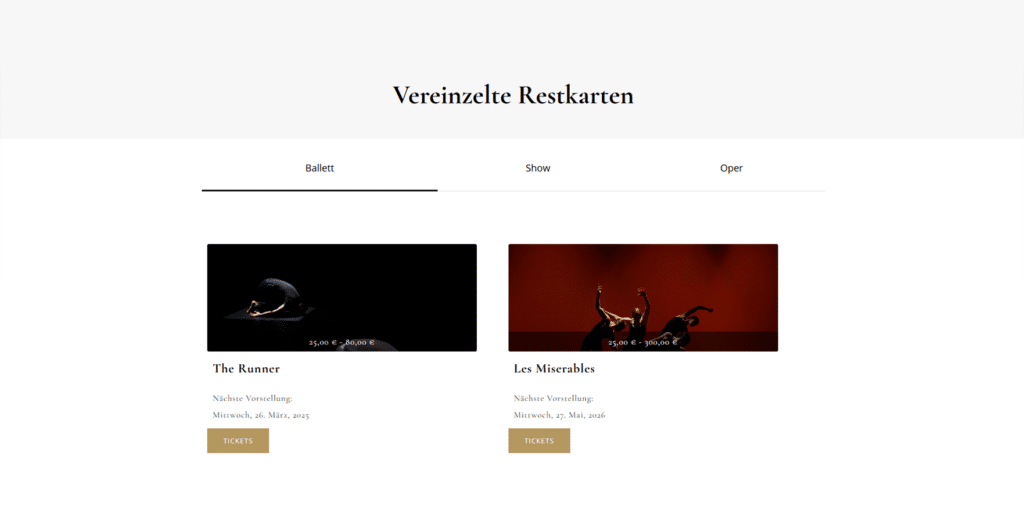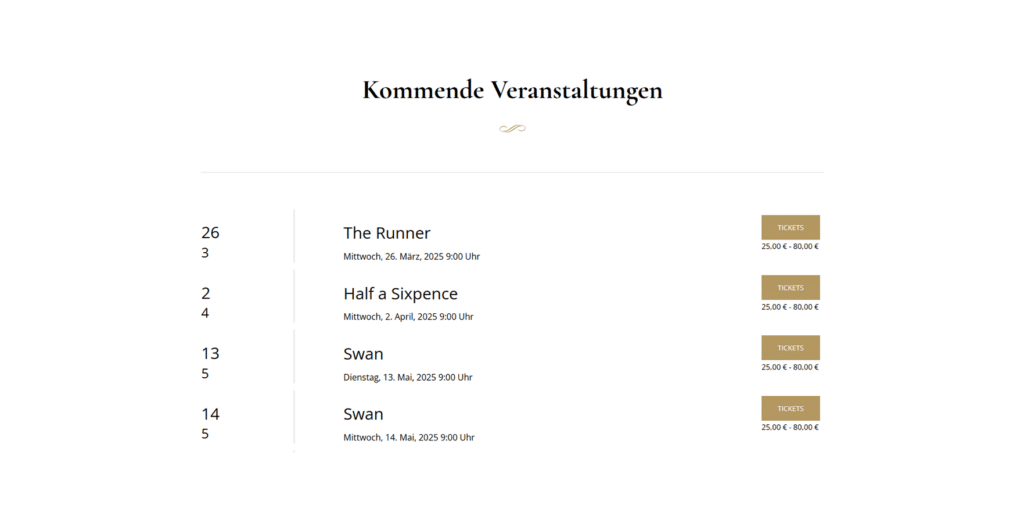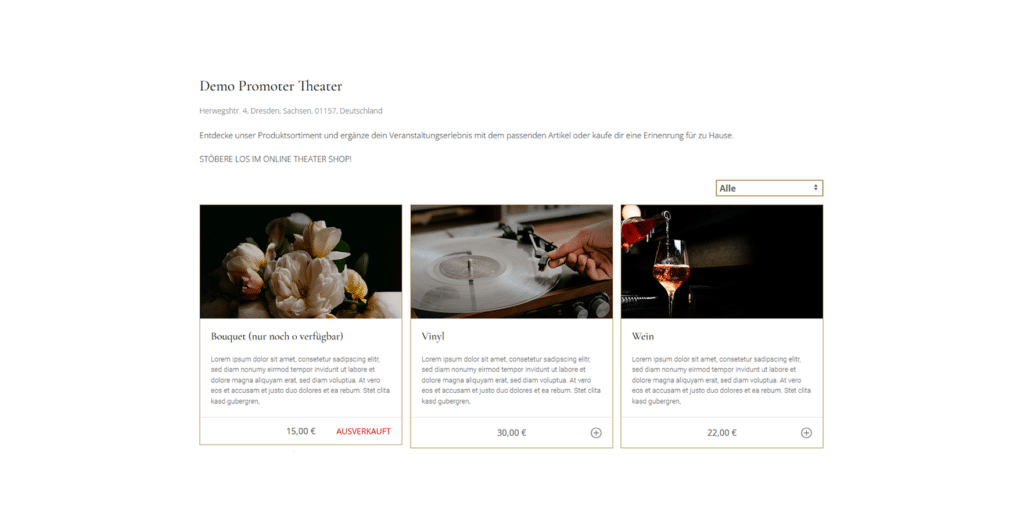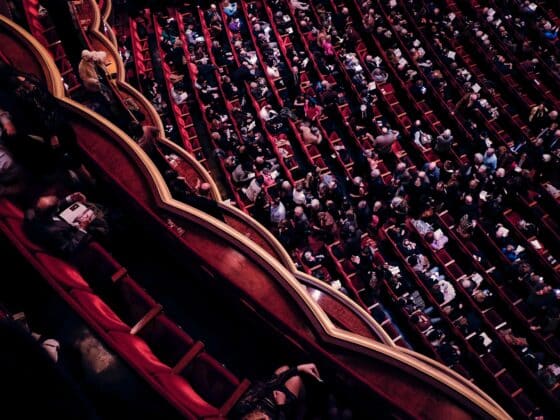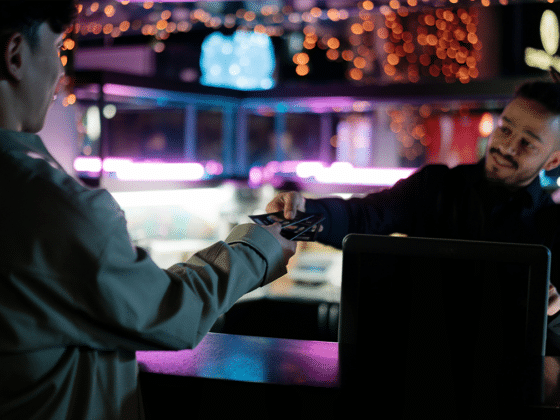Social Distancing or also
a Baby elephant distance.
While the pandemic completely switched off the lights of the event industry during the lockdown, creative event organizers and ticket providers have found ways to make a fresh start. True to the industry motto “The show must go on”!, that is why egocentric Systems is striving to introduce new event ticketing features that facilitate social distancing. In this blog we would like to introduce some of them to you.
Since the beginning of the pandemic, experts have been raving about keeping distance as the most effective way to prevent the spread of the disease. This means that a distance of about 1.50m should be kept between you and another person. When you think of pictures in sold-out soccer stadiums, cheering fans, or party scenes from music festivals – unimaginable! And less visitors mean less atmosphere and in the end, economically, also less income.
But hey, desperate times call for creative measures, so we have to find a way to deal with that. The first events are setting a good example: the soccer match of the first DFB cup round between SG Dynamo Dresden and Hamburger SV on September 14th, 2020 shows how it can work, even keeping a distance.
With exactly 10,053 spectators, the organizers have managed to set at least one European record as the temporarily most visited soccer match during the pandemic. It was an event that was internationally acclaimed and also attracted attention in major soccer cities such as London, Barcelona or Madrid. This game is considered a good example of how things can slowly return to normal.
First of all, you need a venue that allows you to hold a profitable event even if you don’t have the capacity. The hygiene concepts approved by the German health authorities generally assume a maximum utilization of 30-40% of the total capacity by September 2020.
This is not profitably reproducible for every organizer. But especially in larger arenas, ticket sales may be worthwhile, even if the seats are kept at a distance when booking.
You have to make sure that all guests have an appropriate distance between each other and that only people from the same household are together in the respective “zones”. Most hygiene concepts require that the distance between guests who do not belong to a zone is at least 1.50 meters.
In addition, various means of entry to the venue are necessary to avoid crowds. Only in this way is it possible to keep the maximum distance when admitting guests.
The last point is to ensure contact tracking. Each ticket should be personalized so that each visitor can be notified in case of an occurred corona infection.
Event Ticketing features that facilitate social distancing.
With our software, we offer you exactly the tools you need to comply with the four points mentioned above. You can use our Social Distancing function integrated into the seating plan for ticketing. Maybe you already know our contribution to 10 premium ticketing functions? Here we present nine more features that will be useful to you in the times of Covid19.
An important requirement for using our function for automatic spacing in the seating plan is to have a seat folder set up. Your guests should have the possibility to book their seat exactly as they wish. So you first have to create the corresponding seating or table plan in the ticketing system.
In order that, you, as the organizer get the maximum possible utilization, you set up the seating plan exactly as it would be at full capacity. So first you release all seats. Then you set the rules.
It can be important to note that your guests may only buy tickets for their own group of people. For example, if they are attending the event with two of their friends or family members, it is okay that they stay in the same zone. But nobody should be able to buy tickets for that same zone.
This means that after each booking, a block is automatically placed around the booked seats and, for example, 1 or 2 free seats are blocked to the left and right of the booked seats. Once the purchase is completed, these seats are no longer visible.
In the screenshot above you can see an example how it can look like. The occupied seats are shown as booked, seats to the left and right disappear and are greyed out. Available seats are still bookable in the respective category color.
Another thing we have mentioned is that you should avoid that to many people crowd in when you enter. Therefore, it is important to consider enough entrances and to show them immediately in the hall plan. The ticket should clearly show which entrance or entrance sector your visitors should use. This is easily done with our layout editor.
In addition, you can define different check-in availability times for each ticket belonging to the same entrance and set the difference between allowed check-ins, for example in ten minute slots.
As we said at the beginning – the show must go on! We are closely monitoring what is happening in the live event industry. To ensure that our customers are successful, we are constantly developing our many functions further. These innovations and tutorials can also be found on our YouTube Channel.
With the presented event ticketing features, which facilitate social distancing, you will reach the maximum possible capacity despite the restrictions. If your demand is higher, you can use our extensive streaming features and generate additional revenue.
We are constantly working on bringing new innovations in ticketing to the market. This progress helped egocentric Systems win new partnerships in September 2020. We are very happy about this and it is the biggest motivation to keep on working hard and to help you master the difficulties and chaos during the Corona pandemic.
Hang in there, be creative and as always have fun with the ticketing!
Interest aroused?
Du möchtest unabhängig und erfolgreich Deine Events ausverkaufen?
Dann teste unverbindlich unsere innovative Softwarelösung für Ticketverkäufe.

